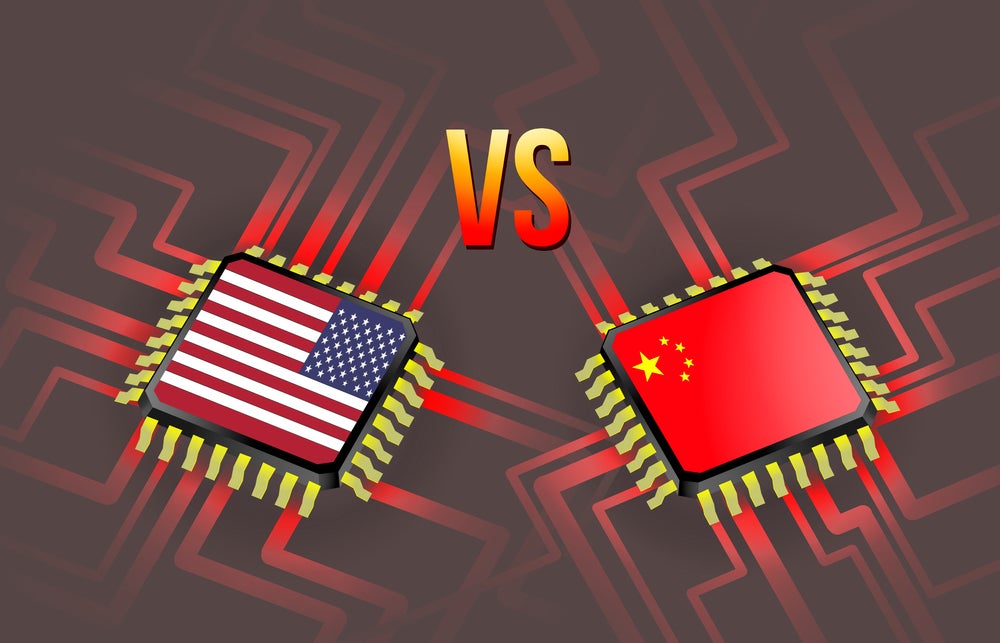Despite the inherent challenges of targeting the SoHo market, BT has realized that it is too good an opportunity to ignore.
BT has launched a dedicated business unit in the UK to target the SoHo (Single/Small office/Home office) market as it looks to benefit from market growth as the economy recovers from the ravages of the Covid pandemic.
The move is accompanied by the launch of a new ‘unbreakable’ Wi-Fi product for micro businesses, which promises to deliver guaranteed coverage across the workplace, full-fiber speeds of up to 900Mbps and ‘free’ tech expert support.
There are about 5.7 million smaller UK businesses with up to nine employees, representing more than 95% of the UK’s private sector companies. Traditionally, they have been hard to target as they range from plumbers to digital design studios, and from a man/woman in a van with a mobile serving their local ‘patch’ to multi-site offices using CAD (Computer Aided Design) and working with customers globally.
SoHo market has been neglected
To date, this market has been neglected as it has been seen as too difficult to understand and serve, with more sophisticated small businesses opting for enterprise-grade solutions and more generalist traders tending to use consumer products as they are cheaper and ‘do the job.’
BT’s new proposition is focused around business-grade connections, a premium customer service experience, and a new suite of apps and services, backed by internet security features.
The obvious question will be that of pricing, with BT already positioned as a premium provider, although the value market is covered by BT’s sub-brand Plusnet. BT will also face the potential channel-to-market dilemma between businesses that want to continue to use (cheaper, simpler) consumer products and those that embrace the services of the new unit – the best answer for this would not be a top-down imposition of ‘customer ownership’ but to let the enterprise’s Managing Director/owner decide for themselves.
Complex issues
In terms of going to market, BT will need to develop complex sub-segmentation as 5.7 million businesses do not all need the same solution. BT Enterprise’s SoHo unit will need to consider what customers require by aspects such as industry vertical, usage (intense/light), mobility, site numbers, technological sophistication, price sensitivity, and so forth.
The move by BT reflects a global trend of focusing on smaller businesses. Earlier this year BT competitor Vodafone highlighted its view that the SoHo segment across Europe was a key growth area. In the UK, Virgin Media Business reported growth (28% year on year) in its revamped small business segment.
The broader drivers behind the growth in this market are the pandemic-driven change in working patterns (working from home and starting new businesses), growth in the availability of next generation FTTP (fiber-to-the-premises) broadband, ongoing 5G mobile roll-out, and increased adoption of OTT apps like Microsoft Teams, Zoom, Google Docs, and Workplace from Facebook.
The emergence of greater competition for these millions of customers is good news for UK plc and for smaller enterprises themselves – as well as representing a substantial market opportunity for service providers.
The challenge will be to develop the right set of modular customer products to meet the demands of each target market – and all at the right price.








